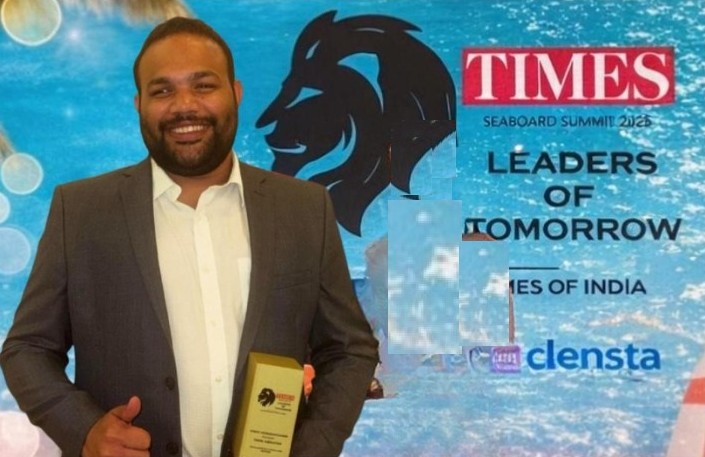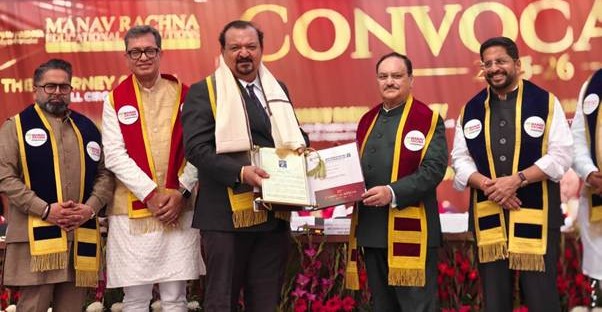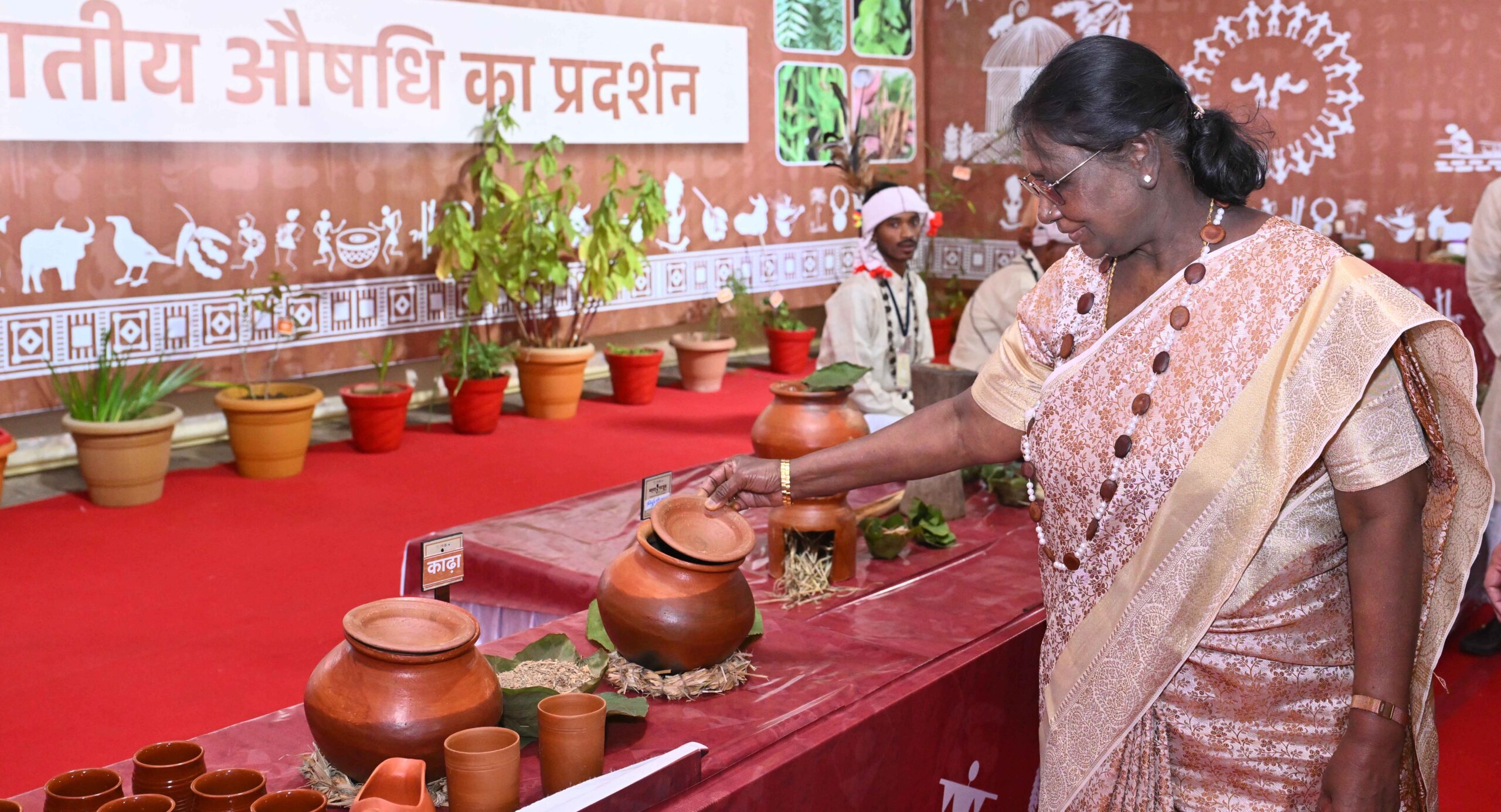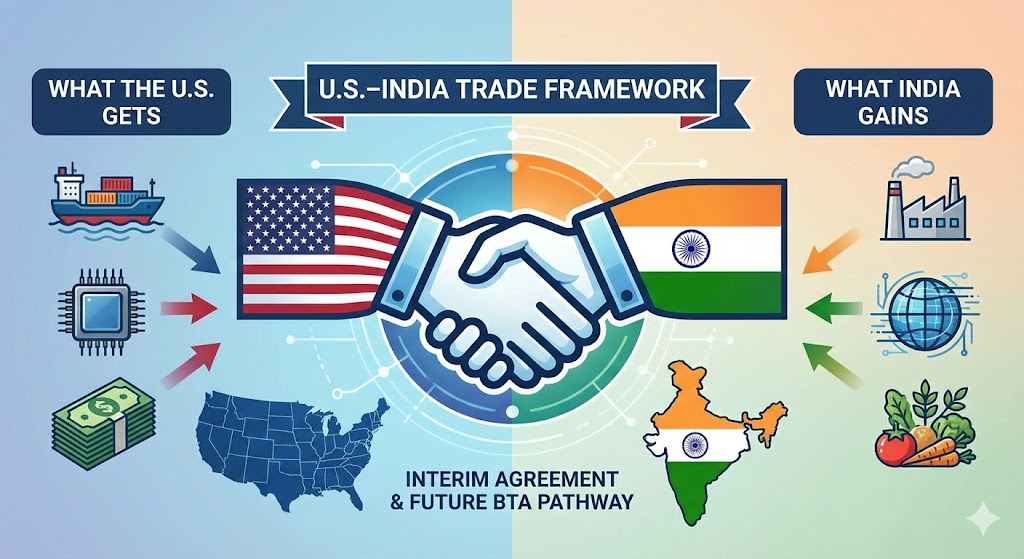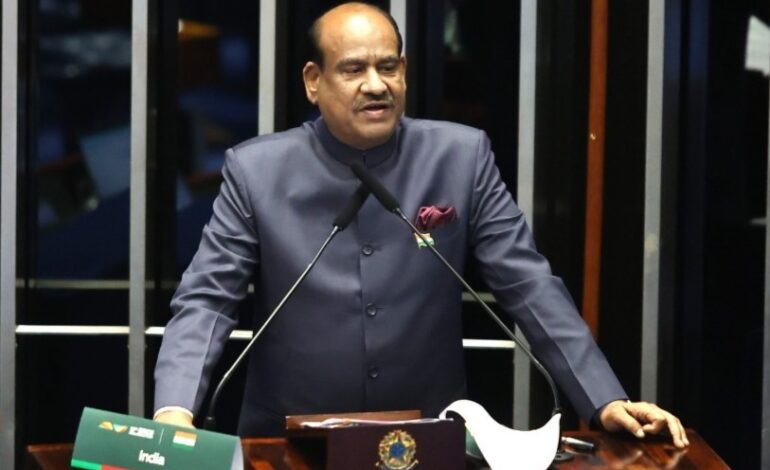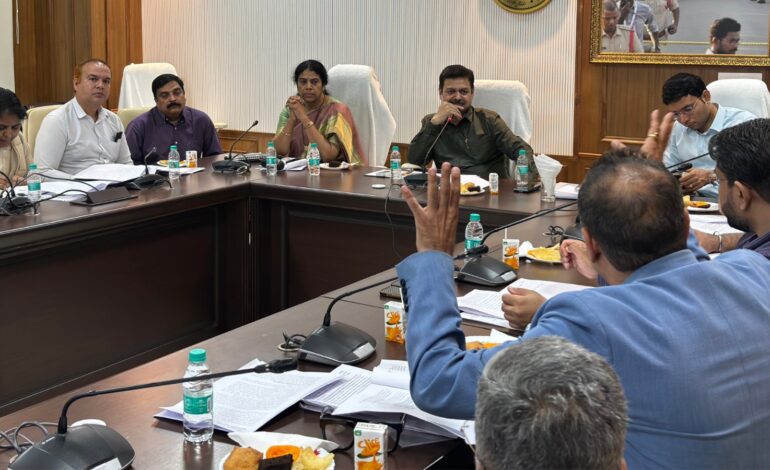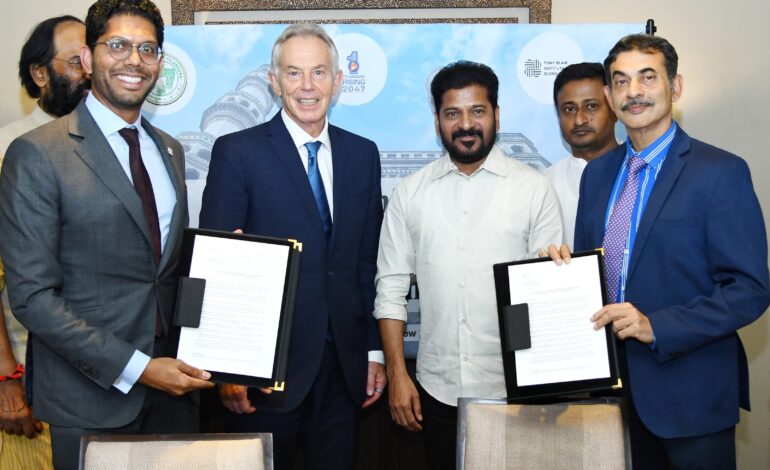Indian Youth Need Guidance, Support, Policy Focus to Drive Viksit Bharat by 2047: Lok Sabha Speaker at JITEM Youth Conclave
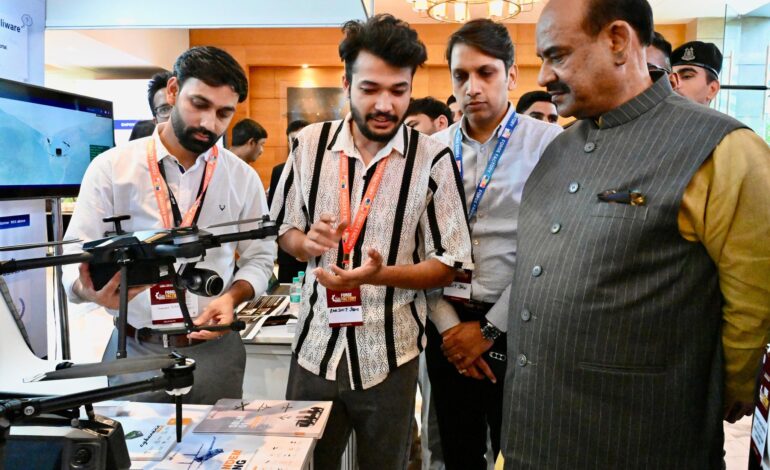
Lok Sabha Speaker Om Birla interacts with delegates at the JITEM Youth Conclave 2025, organized by the Jain International Trade Organisation (JITO) in Gurugram, on Friday
Gurugram, July 18: Lok Sabha Speaker Om Birla called upon India’s youth to take center stage in the journey toward Viksit Bharat by 2047, emphasizing the importance of the right guidance, technological support, and policy-making in enabling them to realize their full potential.
Addressing the JITEM Youth Conclave 2025, organized by the Jain International Trade Organisation (JITO) in Gurugram on Friday, Birla said youth are not only the largest segment of the population but also the most driven, passionate, and capable of shaping the future of the country. “Indian youth are not just job seekers, they are becoming job creators,” he said, highlighting the role of initiatives like Startup India, Skill India, Make in India, and the Green Energy Mission in channeling their energy.
Antyodaya: A Shared Responsibility
Underscoring the spirit of Antyodaya—uplifting the last person in society—Birla said it is a collective responsibility to ensure that no individual is left behind in the development process. He praised the Jain community’s contribution in embodying this ethos through its values, service, and inclusive economic efforts.
“The efforts of the Jain community in trade, industry, social service, technology, and urban governance have created a benchmark of ethical leadership and spiritual strength, not just in India but globally,” Birla added.
JITO: A Confluence of Innovation and Values
Birla commended JITO for serving as more than a business platform. “It is an institution where trade, technology, Jain principles, and the teachings of Lord Mahavir converge,” he said. He lauded JITO for its role in economic empowerment, education, and service-oriented activities, noting that its work contributes meaningfully to India’s development story.
Democracy Rooted in Culture
Reflecting on India’s democratic journey, Birla said the country’s democratic values are not merely post-independence constructs, but deeply rooted in its cultural ethos, spiritual traditions, and collective conscience. He recalled that global skepticism around India’s ability to sustain democracy after independence was proved wrong by the resilience of Indian institutions and people.
“Our tradition of dialogue, collective effort, and moral conviction has always helped us navigate crises together,” he said, reiterating that Indian democracy is strengthened by its commitment to inclusivity, discussion, and public welfare.
In closing, Birla urged the youth to embrace leadership not just with ambition, but with purpose and responsibility—driven by values, guided by innovation, and grounded in service.

